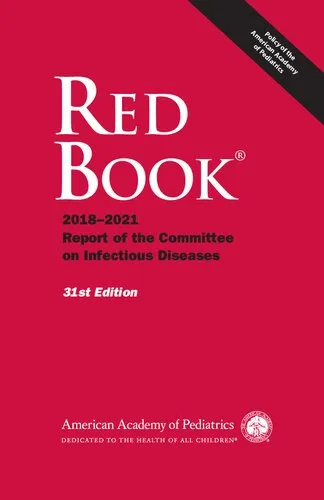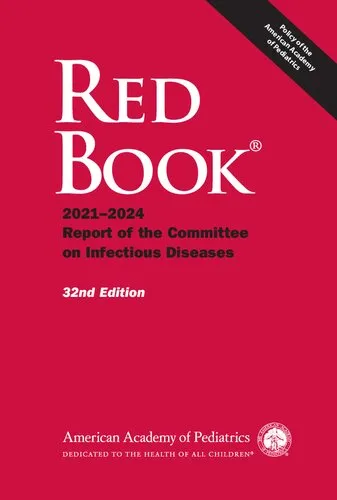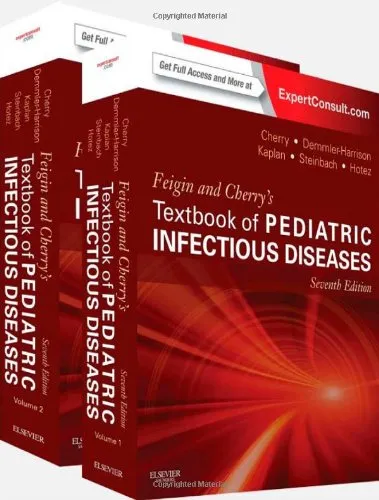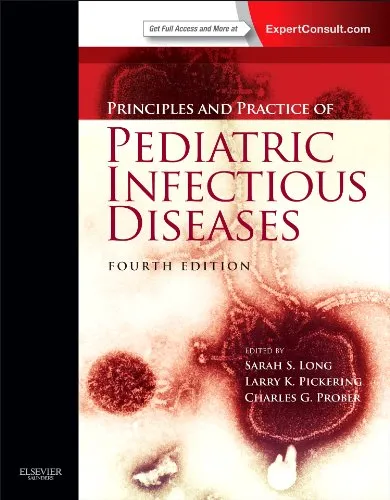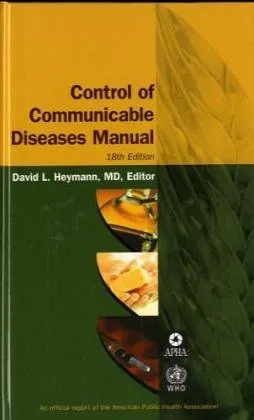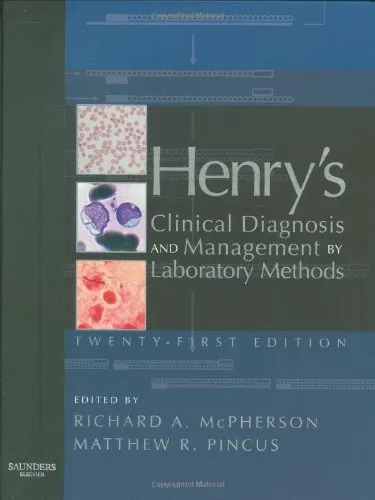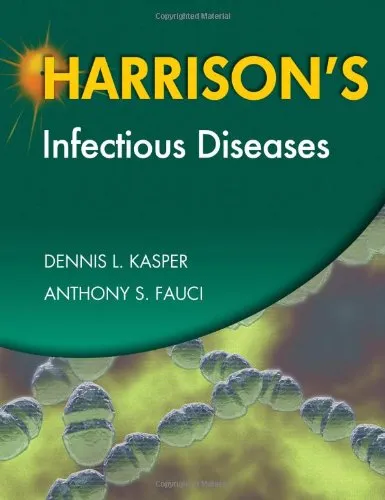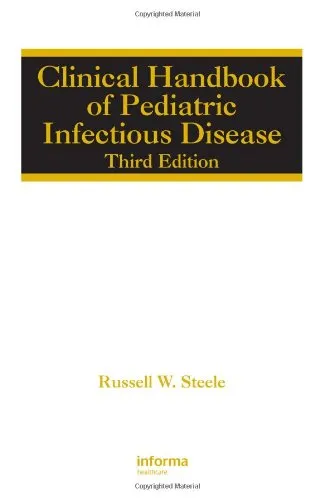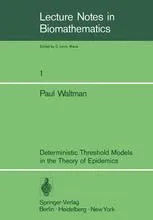Modern Infectious Disease Epidemiology: Concepts, Methods, Mathematical Models, and Public Health
4.5
Reviews from our users

You Can Ask your questions from this book's AI after Login
Each download or ask from book AI costs 2 points. To earn more free points, please visit the Points Guide Page and complete some valuable actions.Related Refrences:
Introduction to "Modern Infectious Disease Epidemiology"
"Modern Infectious Disease Epidemiology: Concepts, Methods, Mathematical Models, and Public Health" serves as a comprehensive guide to understanding the diverse dimensions of infectious disease epidemiology. This book stands as a testament to the rapidly evolving field of epidemiology and its importance in addressing some of the world's most pressing public health challenges. Combining theoretical frameworks, epidemiological methods, mathematical modeling techniques, and practical applications, the book is an invaluable resource for students, researchers, and public health professionals.
Detailed Summary of the Book
Written by experts in the field, this book bridges the gap between classical epidemiology and modern analytical methods. The material is presented in a way that balances theoretical discussions with real-world applications, making it accessible to beginners while still offering depth for advanced readers.
The book starts with foundational concepts, introducing the reader to the basic epidemiology of infectious diseases. Core topics such as transmission dynamics, herd immunity, and the distinction between endemic and epidemic diseases are explained clearly. The authors then delve into statistical and mathematical models that have become essential in predicting and understanding the spread of diseases. Methods such as SIR (Susceptible-Infectious-Recovered) models, cohort analyses, and outbreak investigations are covered extensively.
The next section focuses on integrating these concepts into public health practice. Case studies and examples from diseases like HIV, tuberculosis, influenza, and more contemporary challenges such as emerging viral outbreaks are presented, demonstrating the relevance of epidemiology in guiding public health interventions. Additionally, the book explores global health dimensions, addressing disparities in disease burden and the challenges of disease control in both high- and low-resource settings.
One of the unique features of this book is its emphasis on interdisciplinary approaches. Readers are encouraged to look beyond biology and medicine, incorporating insights from sociology, economics, and computer science into their epidemiological studies. With advancements in big data and computational power, the text also touches on how modern tools have reshaped the field, equipping readers with skills to tackle contemporary problems.
Key Takeaways
- Understanding Disease Transmission: Learn the key determinants and mechanisms of how infectious diseases spread within populations.
- Applying Mathematical Models: Gain hands-on knowledge of modeling approaches like SIR models to analyze and predict epidemic trends.
- Real-World Applications: Explore case studies tied to both historical outbreaks and contemporary challenges to understand how theory translates into practice.
- Emphasis on Global Health: Recognize the importance of epidemiology in addressing inequities in disease burden across diverse populations.
- Interdisciplinary Perspective: Discover how disciplines like statistics, sociology, and computer science enhance the scope and depth of infectious disease epidemiology.
Famous Quotes from the Book
"Infectious diseases do not recognize borders—neither geographic, political, nor social."
"The effective control of infectious diseases requires more than just knowledge; it necessitates coordinated action backed by precise data and robust models."
Why This Book Matters
Infectious diseases remain one of humanity's greatest challenges, as evidenced by epidemics and pandemics that have shaped the world. From the crises of HIV to the global disruptions caused by COVID-19, understanding infectious disease epidemiology has never been more crucial.
This book not only equips readers with the epidemiological tools and skills needed to study infectious diseases but also empowers them to think critically and globally. Its interdisciplinary approach ensures that the solutions proposed are grounded in both data-driven practices and a deep appreciation of social contexts. Whether you're an aspiring epidemiologist, a public health official, or a policymaker looking to make data-informed decisions, this book offers the knowledge base and analytical skills you need.
In a world where infectious diseases continue to emerge and re-emerge, "Modern Infectious Disease Epidemiology" is your essential companion in understanding, predicting, and mitigating these threats to human health.
Free Direct Download
You Can Download this book after Login
Accessing books through legal platforms and public libraries not only supports the rights of authors and publishers but also contributes to the sustainability of reading culture. Before downloading, please take a moment to consider these options.
Find this book on other platforms:
WorldCat helps you find books in libraries worldwide.
See ratings, reviews, and discussions on Goodreads.
Find and buy rare or used books on AbeBooks.
1472
بازدید4.5
امتیاز0
نظر98%
رضایتReviews:
4.5
Based on 0 users review
Questions & Answers
Ask questions about this book or help others by answering
No questions yet. Be the first to ask!



